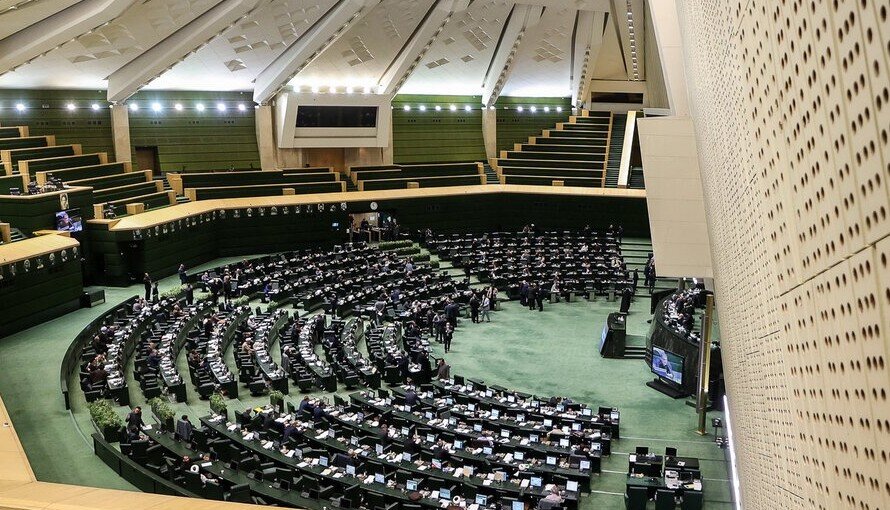Iranian Parliament ratifies strategic partnership treaty with Russia

TEHRAN – The Iranian Parliament has approved a landmark treaty on a comprehensive strategic partnership with the Russian Federation, marking a pivotal step in deepening ties between the two countries across a wide range of sectors.
During an open session on Wednesday, May 21, lawmakers of the Islamic Consultative Assembly (Majles) voted in favor of the bill outlining the treaty’s provisions. Out of 211 members present, 192 voted in favor, 5 opposed, and 2 abstained.
According to the bill’s single article, the “Comprehensive Strategic Partnership Treaty between the Islamic Republic of Iran and the Russian Federation,” consisting of a preamble and 47 articles, is hereby ratified, and authorization is granted for the exchange of official instruments related to it. A note attached to the legislation stresses the necessity of observing Articles 77, 125, and 139 of the Constitution of the Islamic Republic of Iran, as well as the 1979 legislative act annulling Chapters V and VI of the Treaty of Friendship between Iran and Russia.
This vote follows the earlier ratification of the treaty by Russia’s State Duma in April, where lawmakers passed the agreement submitted by President Vladimir Putin, who had signed it in January alongside Iranian President Masoud Pezeshkian during a high-profile ceremony in Moscow.
At the time of signing, Putin described the treaty as a “breakthrough document,” while President Pezeshkian said it would “open a new chapter in relations between Iran and Russia in all fields.”
The 20-year treaty provides a legal framework for long-term cooperation between the two countries in key strategic areas, including defense, security, energy, transportation, banking, agriculture, science, and technology. It also includes provisions for intelligence-sharing and mutual support in the face of shared security threats. Notably, the treaty contains a clause stating that neither side will assist an aggressor in the event that one party is subjected to external aggression.
The agreement is also designed to strengthen economic resilience amid Western sanctions, promoting investment in oil and gas sectors, collaboration in peaceful nuclear energy development, and the establishment of a payment system independent of third-party states, relying on national currencies.
Speaking earlier, State Duma Chairman Vyacheslav Volodin emphasized that the treaty would enhance bilateral cooperation and inter-parliamentary coordination, including through joint commissions and participation in international parliamentary organizations.
Iran and Russia have increasingly aligned their policies in recent years, forging a closer strategic partnership in defiance of U.S.-led sanctions. This treaty, now approved by both legislatures, formalizes what has already been an evolving alliance—one aimed at reshaping regional and global power dynamics through mutual support and cooperation.
Leave a Comment